GKD introduced an optimized dutch weave for use in sewage plants that reliably retains microplastics >6 µm thanks to its slot-shaped pore geometry.
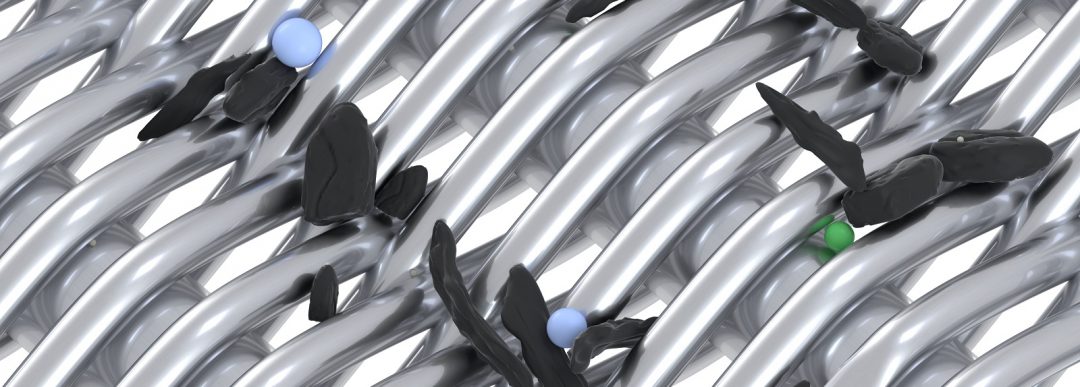

GKD introduced an optimized dutch weave for use in sewage plants that reliably retains microplastics >6 µm thanks to its slot-shaped pore geometry.
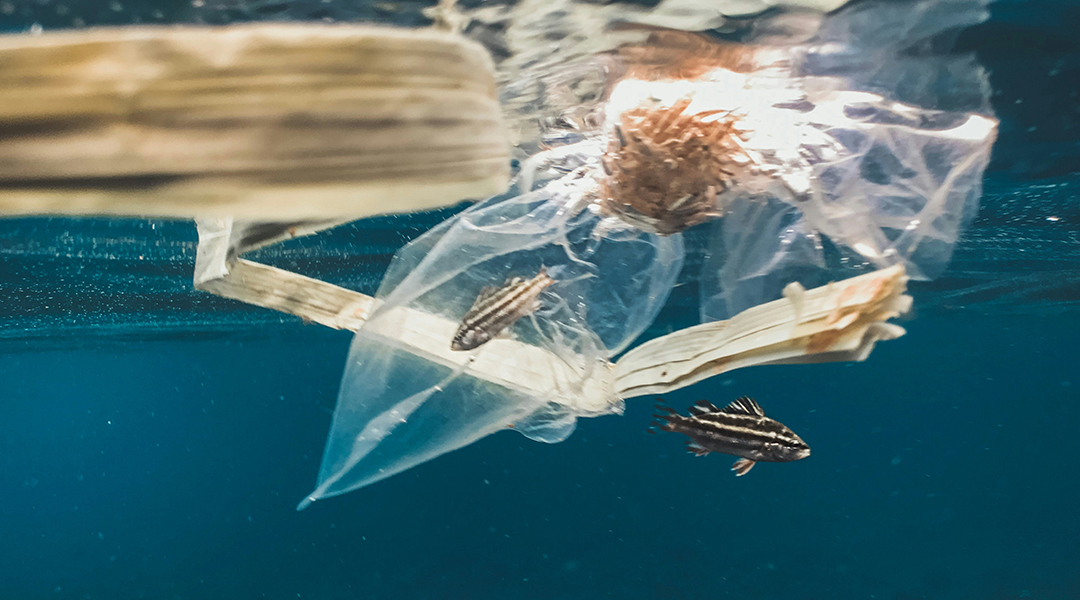
A new material designed to dissolve only in salt water could help us prevent the accumulation of microplastics in the seas.
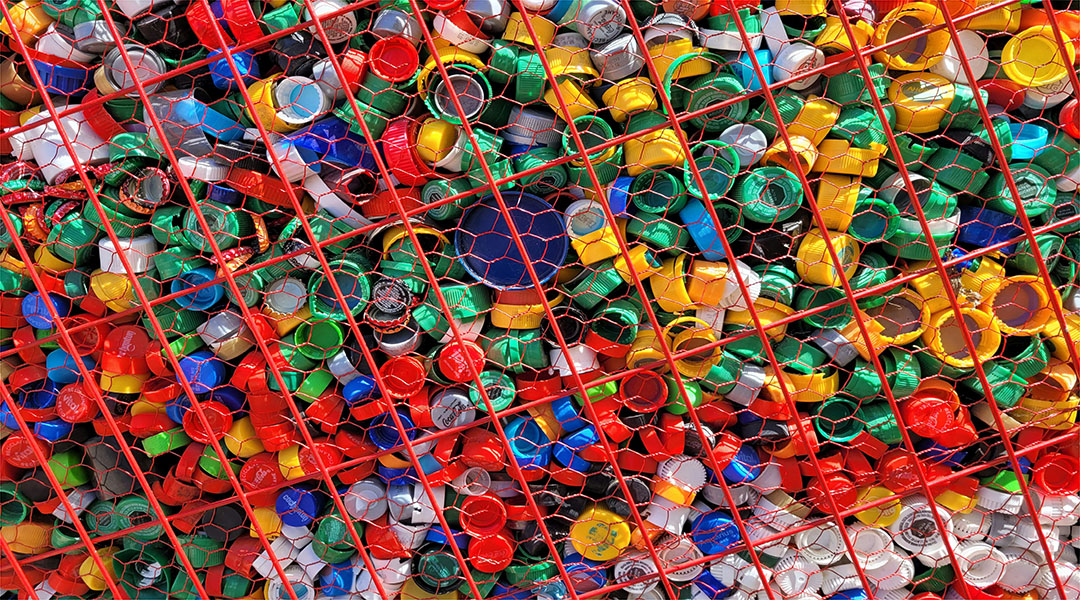
A common bacteria found growing on plastic in urban wastewater could provide new bioengineering solutions to clean up plastic waste.
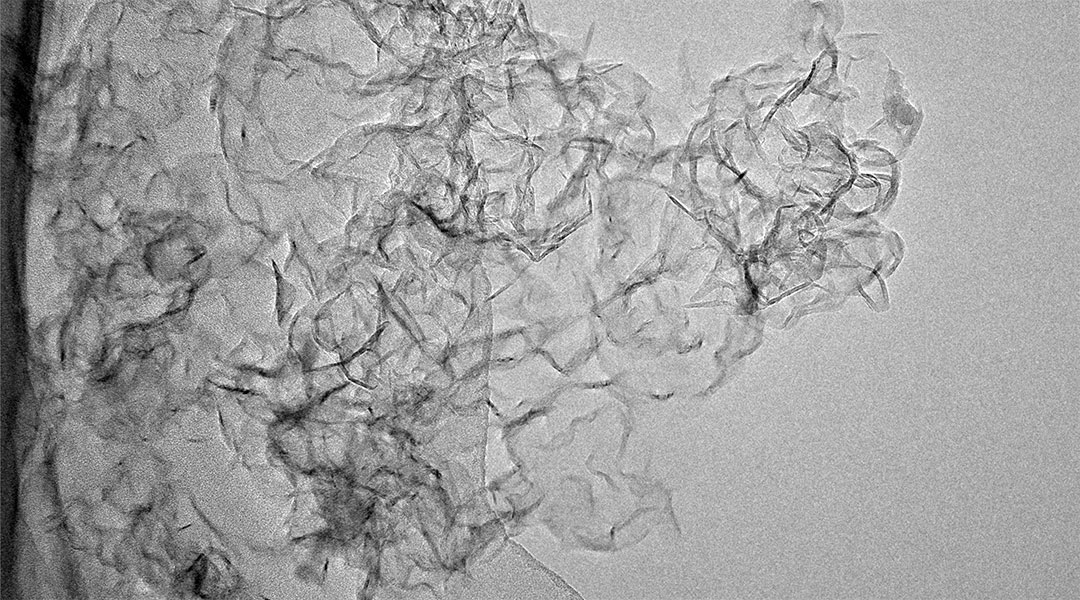
Scientists convert harmful microplastics into valuable graphene using plasma, offering a promising solution for this type of pollution.
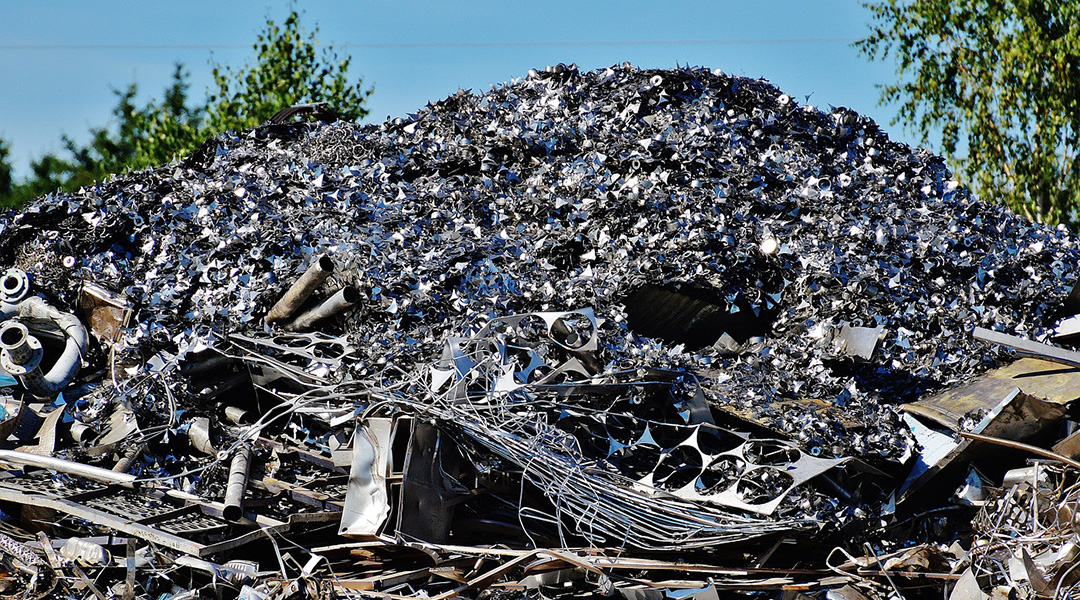
Researchers are tackling the growing problem of electronic waste by designing wearable electronics from sustainable and recyclable materials.
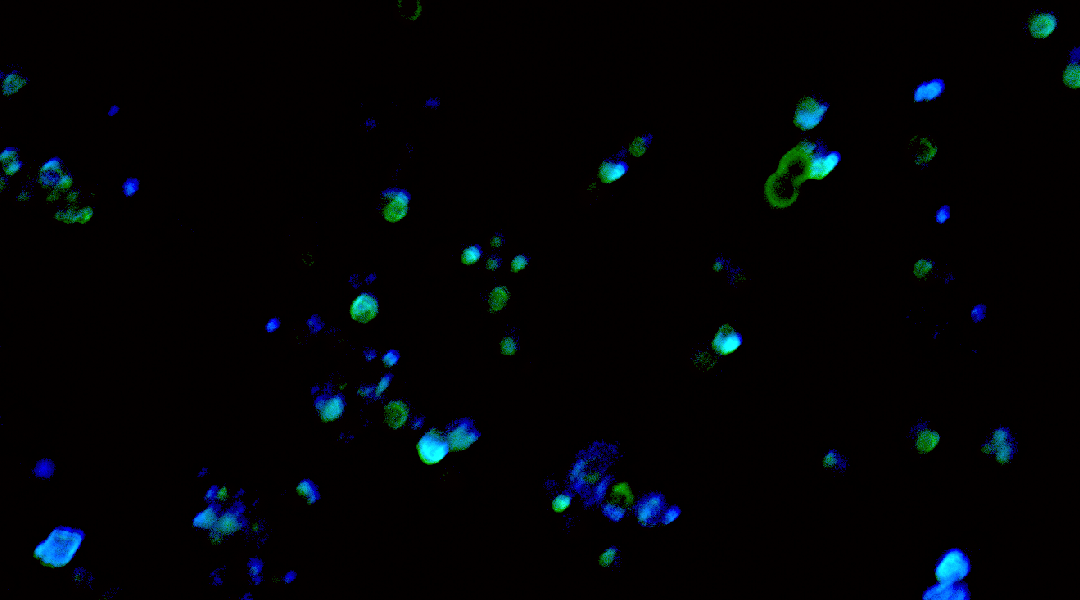
Swarms of iron-clad algae have been built to sweep through bodies of water to collect elusive bits of micro- and nanoplastics.
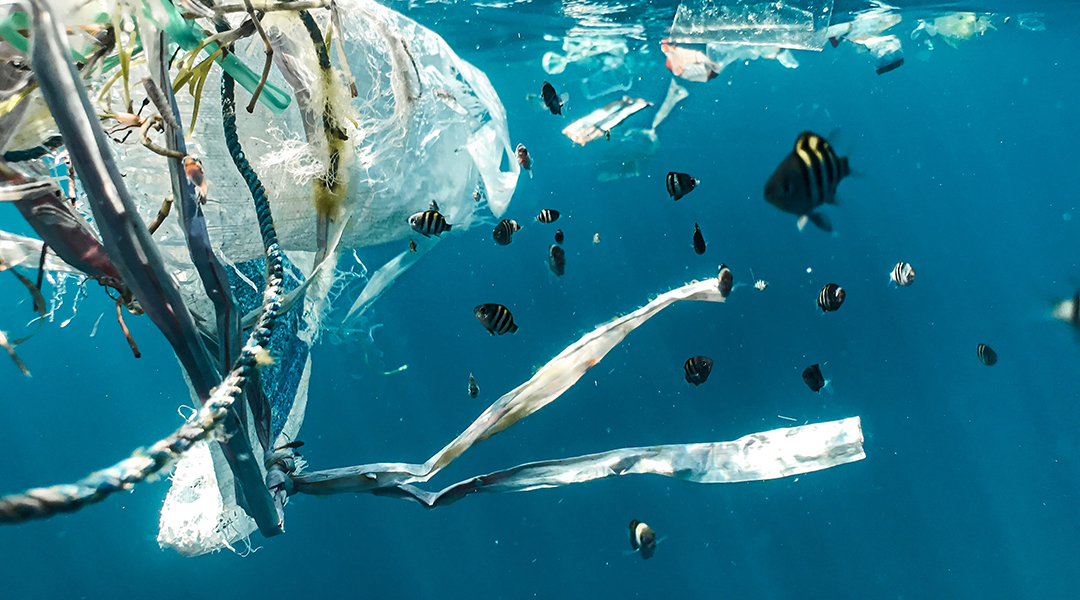
A new study looked at the extent to which plastics can be recycled using mechanical methods, finding good and bad news.

The sulfate-free movement in beauty products has been gaining popularity, but this isn’t based in science, say experts.
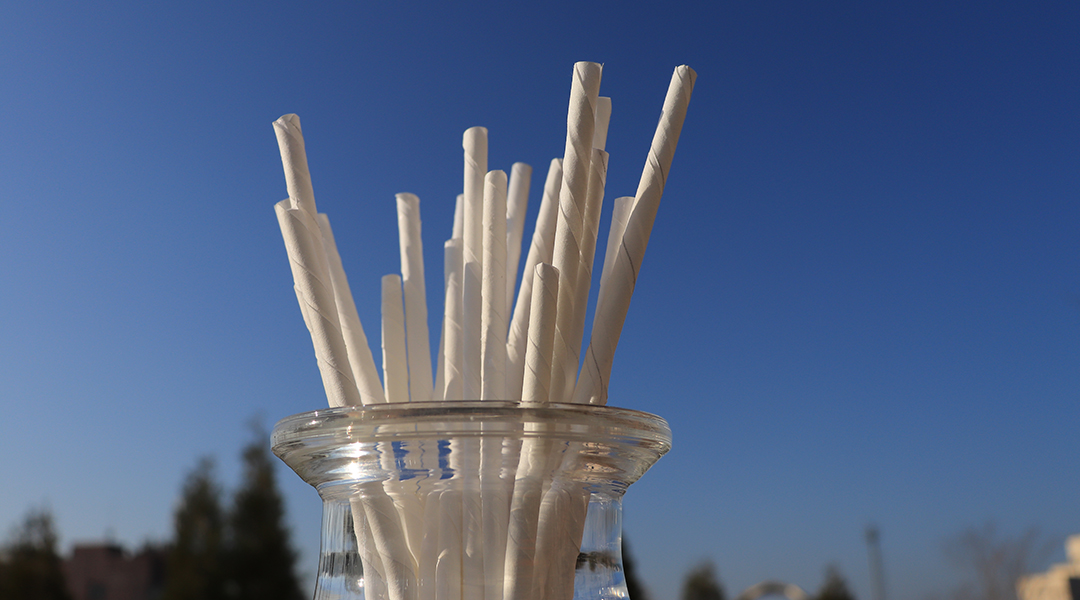
Soggy, limp paper straws have for too long been the only option to minimize plastic waste, but a new, improved design will remedy this.
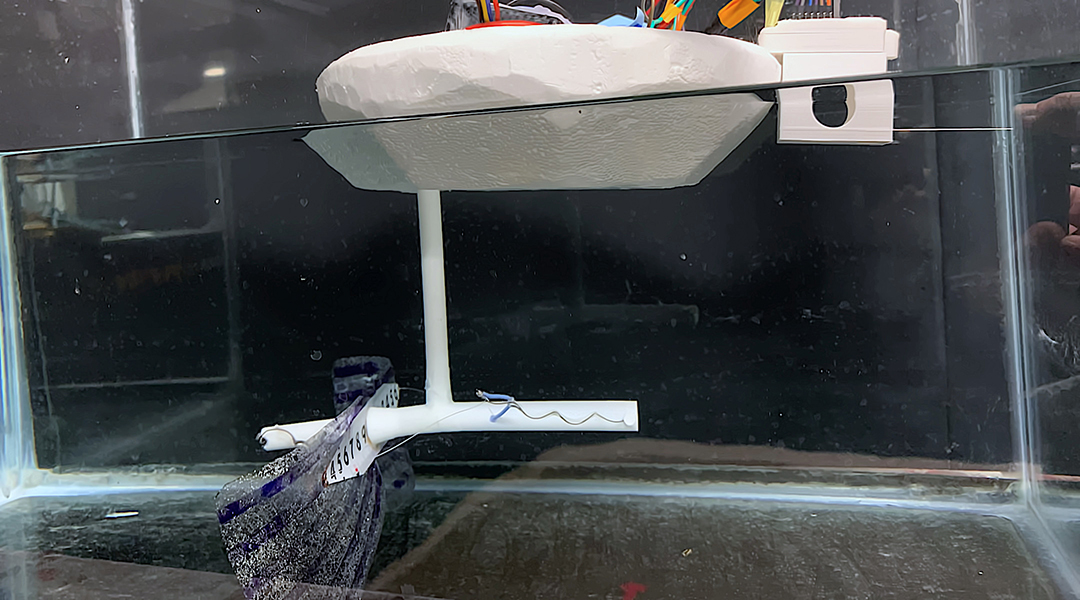
A robotic swimmer that mimics the movement of octopuses could help researchers better monitor aquatic environments remotely and in real time.